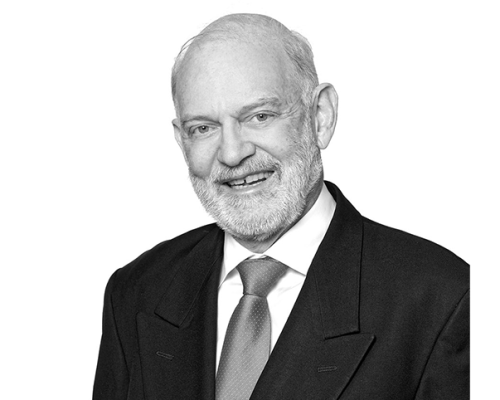How do I challenge a Will I don’t think is valid?
- ESTATE DISPUTES
A Will is an important document which sets out a person’s intentions as to what they want to happen when they pass away.
If you are considering in challenging the validity of the Will, you will need to establish whether or not the Will is valid.
What are the legal requirements of a valid Will?
A Will is valid if the will-maker had:
- testamentary capacity to make a valid Will;
- intention to make a valid Will; and
- knowledge and approval and understood that the document was his/her Will.
There are also signing and execution requirements such as the Will must be:
- in writing;
- signed by the will-maker (or other person on their direction and in their presence);
- signed in the presence of two or more witnesses; and
- signed by at least two of the witnesses
On what grounds can I challenge the validity of a Will?
In Victoria, a Will may be declared invalid if any of the following grounds exist:
a. the will-maker lacked testamentary capacity to make the Will;
b. the will-maker made the Will under undue influence;
c. the Will was not made or signed by the willmaker and therefore is fraudulent;
d. the will-maker made a later Will; and
e. the will-maker did not know or approve the contents of the Will.
Lack of Capacity
The will-maker must have the ‘capacity’ to make a Will. This means the will-maker must:
- understand he/she is making a Will and what that means;
- understand the nature, extent and value of their assets and liabilities;
- recognise and understand the moral obligations they have towards family and that there are people who may have a claim against their estate; and
- not be affected by a disorder of the mind or delusion.
Evidence of a disability will not be sufficient to satisfy a court that the Will is invalid. You must be able to show that the disability affected the willmaker’s ability to understand their actions and appreciate the consequences.
Undue influence
A will-maker may be affected by someone else’s undue influence in making a Will. There must be an element of coercion to make the Will invalid by reasons of undue influence. Persuasion is not sufficient. Evidence must be established to
show that the coercion prevented the will-maker exercising voluntary, free and independent judgment and wishes.
Fraud
If the Will is subject to fraud then it is invalid. Fraud occurs when the will-maker has been tricked into signing the Will.
Often fraud arises in circumstances where a beneficiary has deceived the will-maker to receive a benefit in the Will. It must be established that the fraudulent action had a direct effect on the will-maker making the will and that the fraud was committed by the beneficiary for the sole purpose of benefiting under the Will.
Who can challenge the validity of a Will?
You must have “standing” before you can challenge the validity of a Will.
If you are a beneficiary in the Will or under a previous Will or if you are a person who would be entitled to a share of the deceased’s estate if there was no Will (under intestacy) you will have standing to challenge the Will.
What is the process to challenge the validity of a Will?
Once you have established that you have standing, you must lodge a caveat in the Supreme Court of Victoria. This must be done prior to a grant of probate being made as the caveat prevents a grant of probate being issued.
A caveat will last 6 months from the date you lodge it. The Probate Registry will request that you (as the caveator) file a Statement of Grounds for the caveat. You must be able to provide evidence as to why the Will is invalid.
We strongly advise that you seek legal advice before lodging a caveat to ensure that you have sufficient grounds to challenge the validity of the Will. If the Court finds that there are no reasonable grounds you may be required to pay the estate’s legal costs of the application.
What if Probate has been granted?
If a grant has already been made you may be able to make an application in the Supreme Court to have the grant revoked. You will need adequate evidence to prove that the Will was invalid and therefore the grant should be revoked.
How can Hunt & Hunt help?
The process of challenging the validity of a Will is complex and costly especially if you are not successful. Our experienced Wills & Estate lawyers can assist you and advise you on whether you have enough evidence to challenge the validity of a Will.
With over 40 years’ experience, our team offer new clients a complimentary consultation of up to 30 minutes to get to know and understand you and your needs, to allow us to provide you with the best advice regarding your circumstances
Your Wills & Estates Experts








